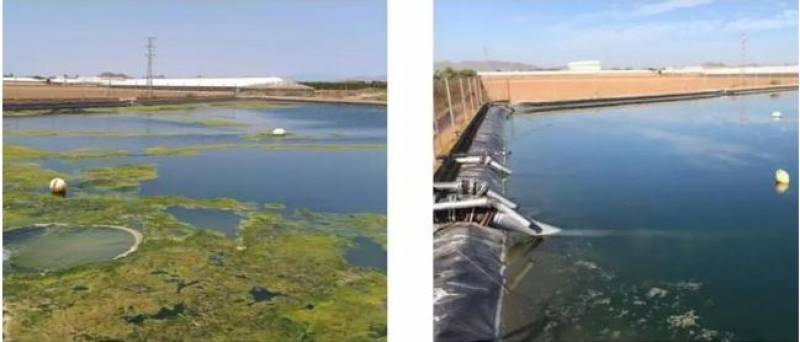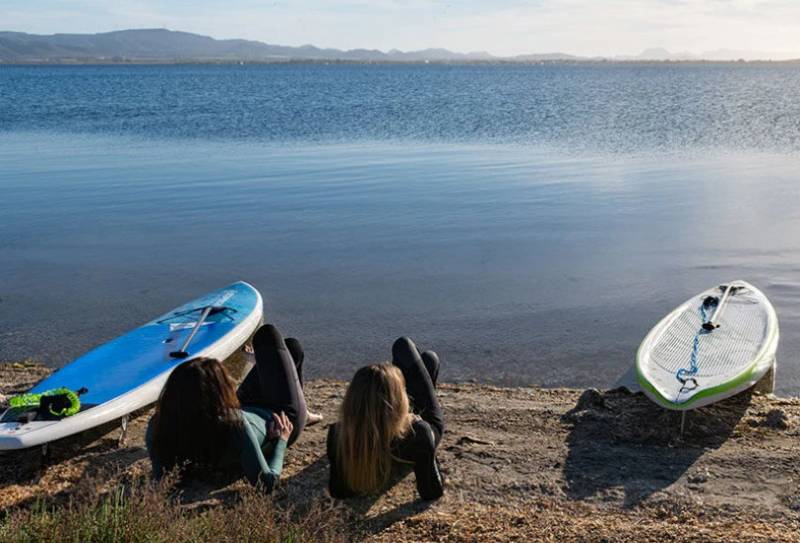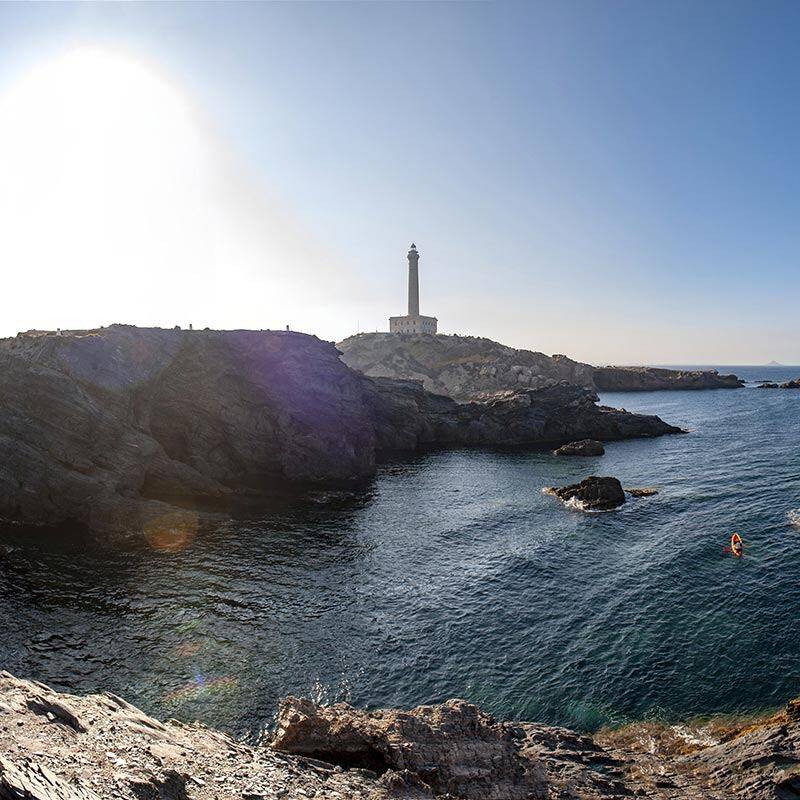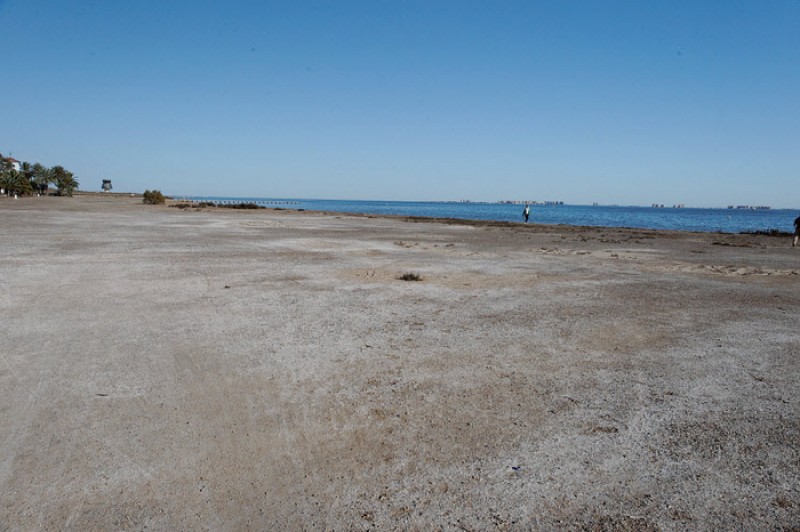- Region
- Águilas
- Alhama de Murcia
- Jumilla
- Lorca
- Los Alcázares
- Mazarrón
- San Javier
-
ALL AREAS & TOWNS
- AREAS
- SOUTH WEST
- MAR MENOR
- MURCIA CITY & CENTRAL
- NORTH & NORTH WEST
- TOWNS
- Abanilla
- Abarán
- Aguilas
- Alamillo
- Alcantarilla
- Aledo
- Alhama de Murcia
- Archena
- Balsicas
- Blanca
- Bolnuevo
- Bullas
- Cañadas del Romero
- Cabo de Palos
- Calasparra
- Camping Bolnuevo
- Campo De Ricote
- Camposol
- Canada De La Lena
- Caravaca de la Cruz
- Cartagena
- Cehegin
- Ceuti
- Cieza
- Condado de Alhama
- Corvera
- Costa Cálida
- Cuevas De Almanzora
- Cuevas de Reyllo
- El Carmoli
- El Mojon
- El Molino (Puerto Lumbreras)
- El Pareton / Cantareros
- El Raso
- El Valle Golf Resort
- Fortuna
- Fuente Alamo
- Hacienda del Alamo Golf Resort
- Hacienda Riquelme Golf Resort
- Isla Plana
- Islas Menores & Mar de Cristal
- Jumilla
- La Azohia
- La Charca
- La Manga Club
- La Manga del Mar Menor
- La Pinilla
- La Puebla
- La Torre
- La Torre Golf Resort
- La Unión
- Las Palas
- Las Ramblas
- Las Ramblas Golf
- Las Torres de Cotillas
- Leiva
- Librilla
- Lo Pagan
- Lo Santiago
- Lorca
- Lorquí
- Los Alcázares
- Los Balcones
- Los Belones
- Los Canovas
- Los Nietos
- Los Perez (Tallante)
- Los Urrutias
- Los Ventorrillos
- Mar De Cristal
- Mar Menor
- Mar Menor Golf Resort
- Mazarrón
- Mazarrón Country Club
- Molina de Segura
- Moratalla
- Mula
- Murcia City
- Murcia Property
- Pareton
- Peraleja Golf Resort
- Perin
- Pilar de la Horadada
- Pinar de Campoverde
- Pinoso
- Playa Honda
- Playa Honda / Playa Paraíso
- Pliego
- Portmán
- Pozo Estrecho
- Puerto de Mazarrón
- Puerto Lumbreras
- Puntas De Calnegre
- Region of Murcia
- Ricote
- Roda Golf Resort
- Roldan
- Roldan and Lo Ferro
- San Javier
- San Pedro del Pinatar
- Santiago de la Ribera
- Sierra Espuña
- Sucina
- Tallante
- Terrazas de la Torre Golf Resort
- Torre Pacheco
- Totana
- What's On Weekly Bulletin
- Yecla


- EDITIONS:
 Spanish News Today
Spanish News Today
 Alicante Today
Alicante Today
 Andalucia Today
Andalucia Today
Date Published: 17/04/2024
Revolutionary fertiliser could completely eliminate farm pollution in the Mar Menor
This natural, environmentally-friendly product will be trialled in the Region of Murcia over the next three years

Before and after the use of natural zeolites to eliminate eutrophication
A new initiative driven by the agricultural group Asaja aims to revolutionise farming practices and contribute to the restoration of the threatened Mar Menor lagoon. By utilising natural zeolites – porous volcanic rocks – researchers hope to replace nitrogen and agricultural chemical usage by up to 100%.
Zeolites function as tiny particles that dissolve in water, reducing harmful ammoniacal nitrogen levels, promoting the growth of beneficial microorganisms within soil and irrigation systems. Over the next three years, select farms will transition to this innovative fertiliser, free of charge for participating farmers.
Led by researcher Félix Navarro, whose study ‘Biohacking the Mar Menor and the Campo de Cartagena’ inspired the project, this collaboration seeks to eliminate pollution sources affecting the Mar Menor.
Originally found from the Pacific region, zeolites successfully substitute traditional agrochemicals, offering a groundbreaking solution to protect the lagoon from agricultural and livestock runoff.
According to Asaja’s general secretary in the Region of Murcia, Alfonso Gálvez, this project represents a turning point in addressing nitrate and chemical pollution in the Mar Menor and scientists are confident in achieving very positive long-term benefits for the lagoon.
While the initial farms involved in the project won’t have to pay, others have expressed concerns about the costs, but there’s good news on this front also as treating crops with zeolites should actually be cheaper than traditional methods.
Using the environmentally friendly fertiliser, the cost of spraying a hectare of lemon trees would drop from around 2,000 euros per year to just 475, Mr Gálvez explained; similarly, costs fall from 1,800 euros to roughly 600 euros for both melons and broccoli cultivation.
This pioneering strategy offers potential beyond serving solely as a sustainable fertiliser. Treated irrigation waters undergo de-nitrification processes, contributing to the elimination of nutrient loading issues.
Additionally, employing zeolites could eventually phase out energy-intensive desalination plants and filtration devices, allowing for greener, nature-based alternatives in managing irrigation resources.
Image: Asaja
Loading
Contact Murcia Today: Editorial 000 000 000 /
Office 000 000 000


































